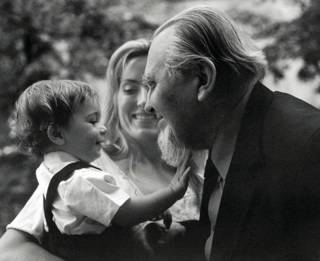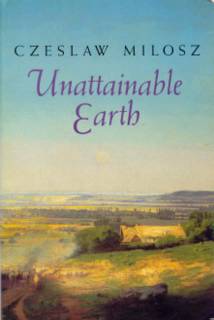asiento: slave trade monopoly granted by Spain to Dutch, French or English suppliers after the mid-seventeenth century.
avería: Spanish ad valorem tax on merchandise shipped between Spain and the Americas, used to fund defence against pirates.
bagnio: North African jail where Christian prisoners were held until ransomed.
biscocho: sea-biscuit, or "hard tack," the early modern European sailor's staple food.
cimarrón: runaway, usually referring to escaped slaves, as in Panama.
derrotero: sea chart, noting horizons, anchorages, shoals etc.
guerrilla: little war, used to refer to informal warfare, robbery and hostage-taking.
matelotage: practice of same-sex mating for legal and possibly sexual purposes among buccaneers of Hispaniola; matelots designated one another as heirs in case of accidental death.
palenque: stockade, but also applied to cimarrón settlements.
pechelingue: Dutch pirates and privateers, the term being apparently derived from the port of Vlissingen.
peso de a ocho: piece of eight, Spanish silver coin divided into eight
reales.
presidio: garrisoned fort.
rancherías: pearl fisheries, as on the islands of Margarita and Cubagua.
regua: Spanish mule train carrying merchandise, slaves, silver and gold across the Panamanian Isthmus.
rescate: practice of bartering for contraband in Spanish American colonies, practice of ransoming Christian captives (among them Cervantes) from Berber corsairs in North Africa.
situado: onerous seventeenth- and eighteenth-century Spanish American impost used to pay for anti-pirate fortifications, military salaries, and so on in Panama, Cartagena, Havana, Flordia, etc.
Rich pickings from a pirate glossary, found aboard Blood and silver: a history of
piracy in the Caribbean and Central America by Kris E. Lane.



